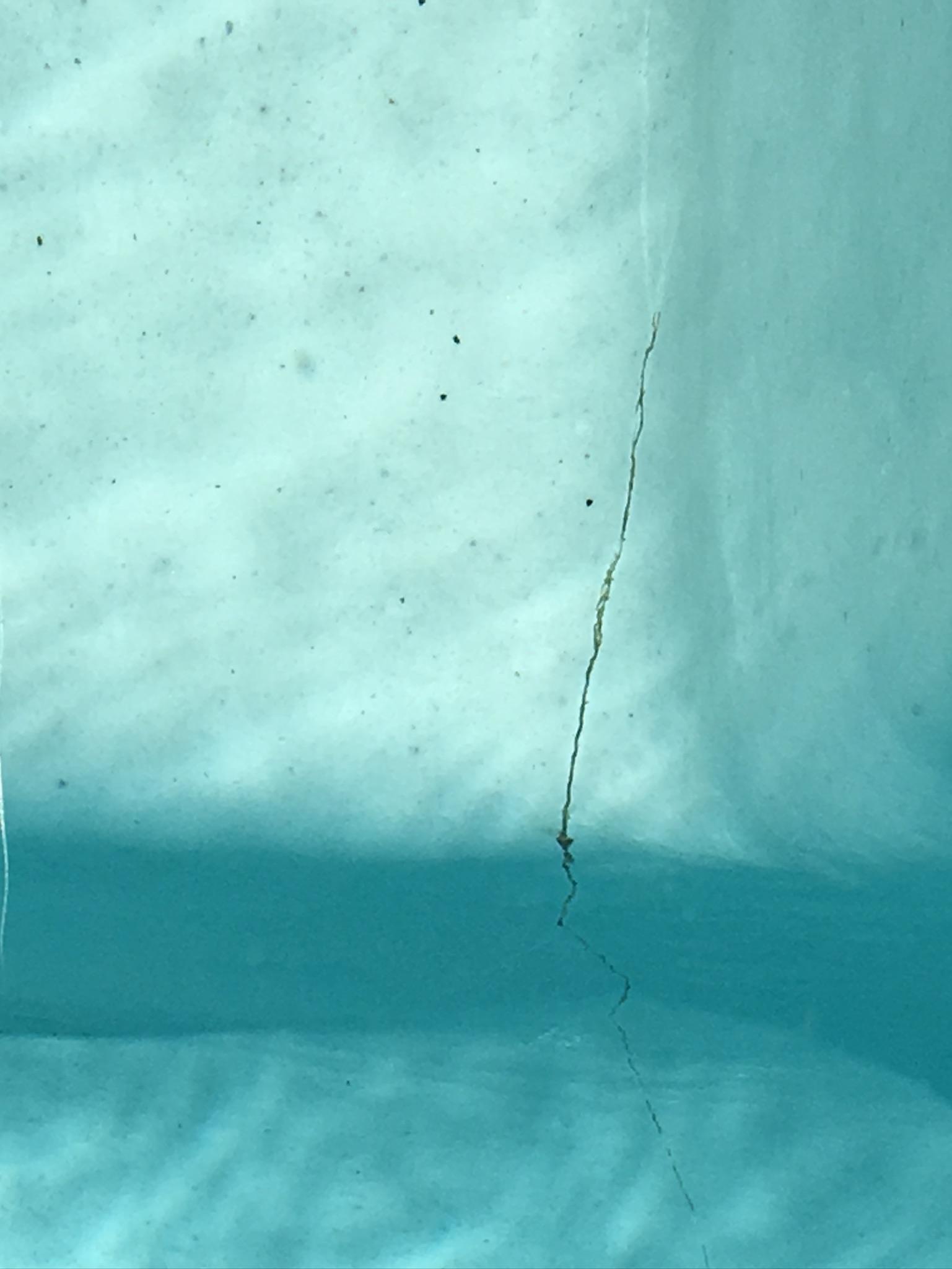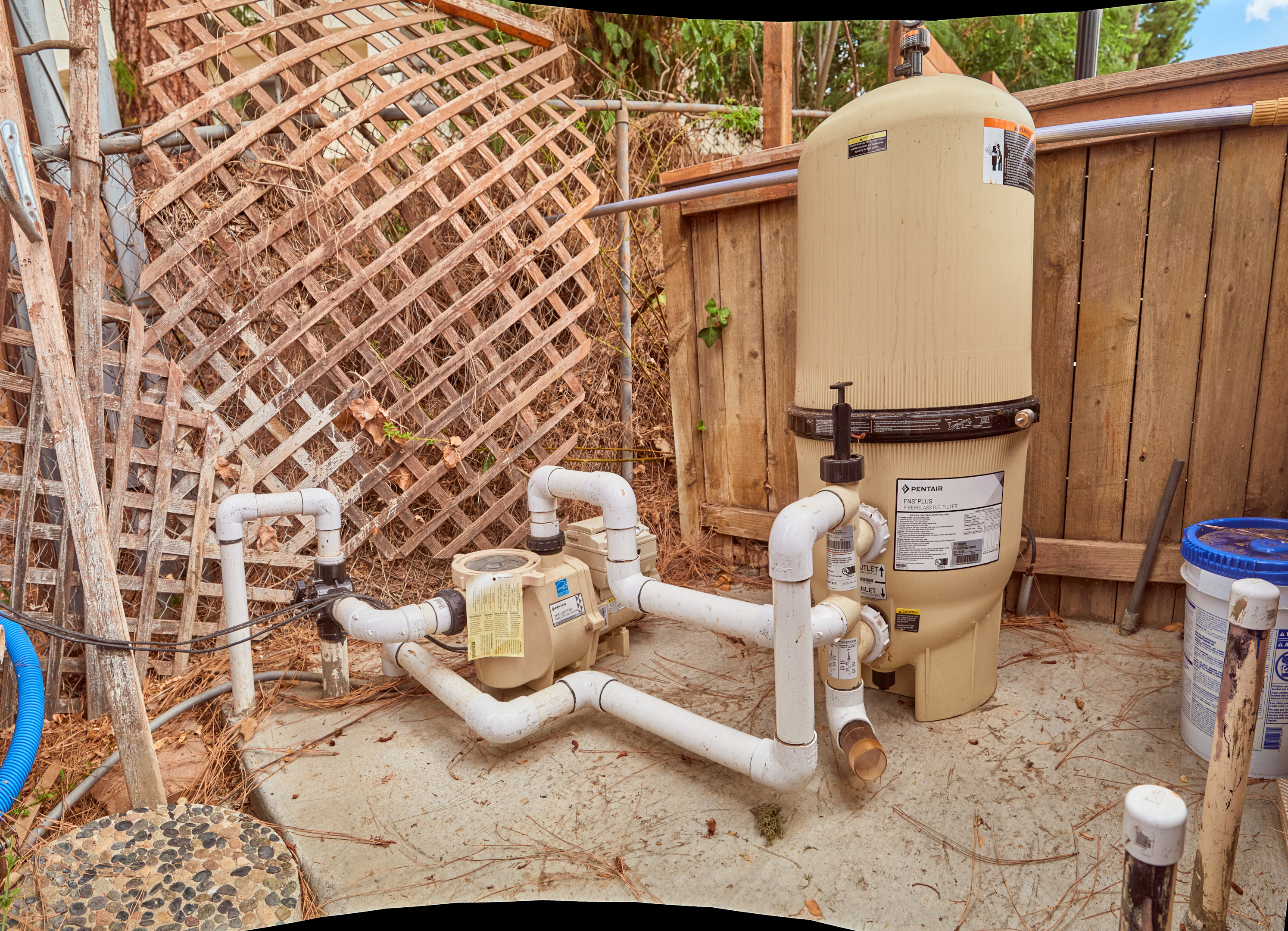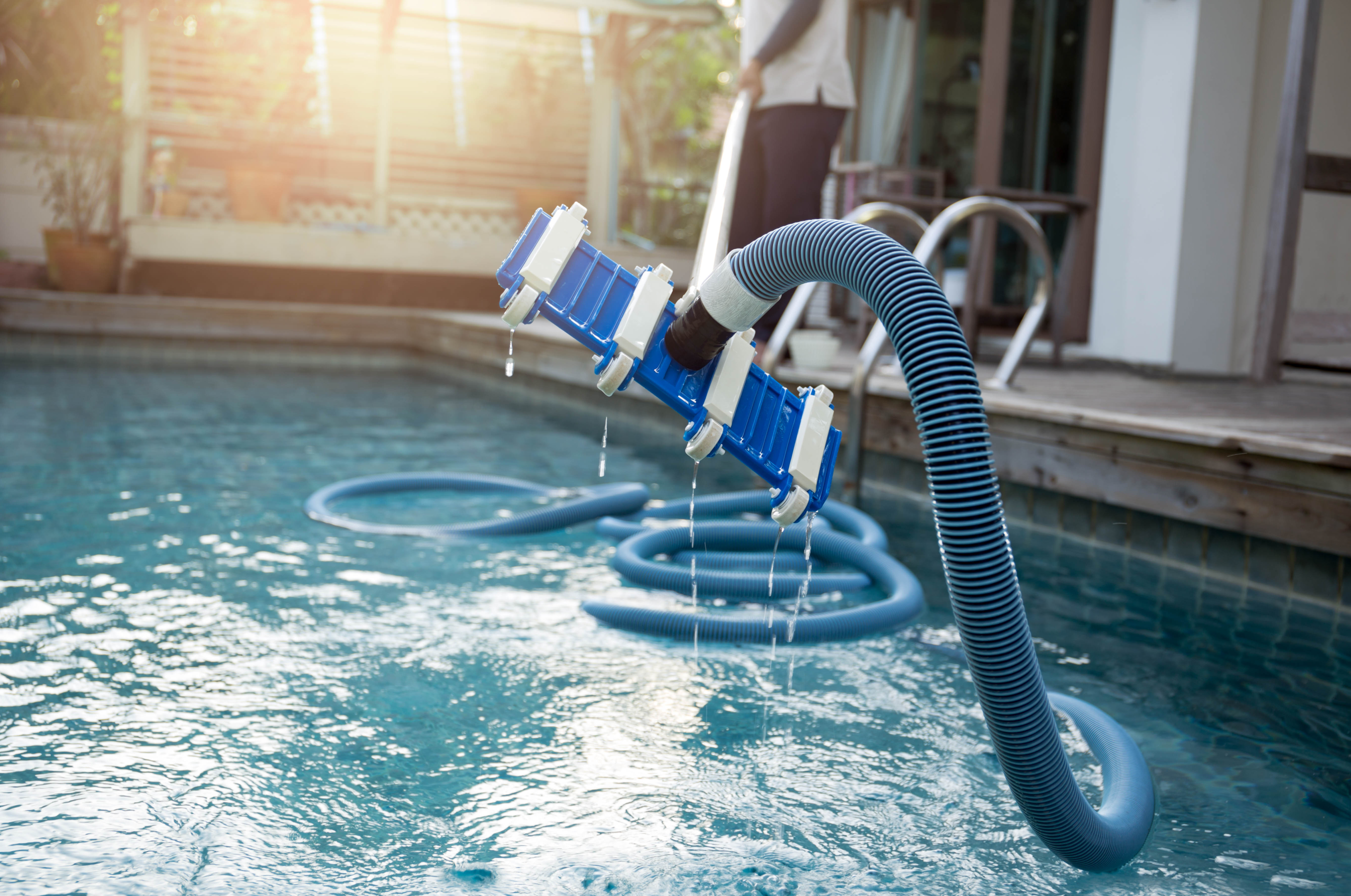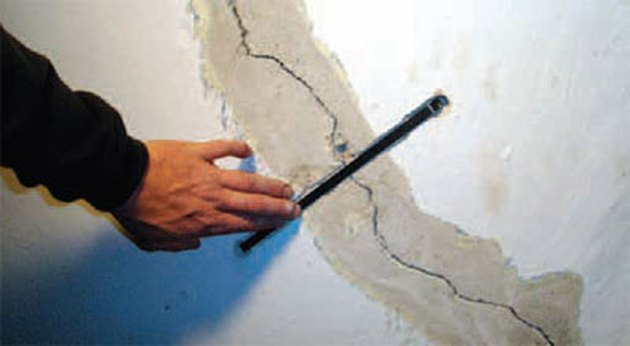Table of Contents
Having a rigid and sturdy plumbing system is one of the most important investments you can make to your pool to help prevent pool leaks. This is important because pool leaks can cause damage not only to your pool structure but also to your house – minor repairs will not do.
To help you make an informed decision, we’ll dive into the factors that affect the cost of replacing pool pipes. From the type of material used to the length of piping required, your location, and labor costs, there are various factors that impact pool repair costs.
How do these factors affect the cost of swimming pool repairs? And how can you determine the overall expenses involved in this project? Let’s jump in!
Reasons For Pipe Replacement
Whether you own an in-ground or above-ground pool, you know that regular maintenance is essential to keep it safe, clean, and functional.
One of the most crucial components for proper maintenance of the pool’s circulation system is the plumbing system, which includes pipes that connect water pumps, filters, heaters, cleaners, jets, and lighting. This is also what would be responsible if you have a pool leak.
Damage
Over time, pool pipes can become damaged due to a variety of reasons. For example, they may corrode due to exposure to chemicals or natural wear and tear.
They may also be damaged due to pressure issues caused by improper installation or misuse of the pool pump system. In some cases, leaks may develop in the pipes, leading to reduced water circulation in the overall swimming pool, which can impact the pool’s performance.
To keep your pool functioning at its best, it is necessary to replace any damaged or faulty pool pipes.
Signs of Pipe Damage
There are several indications that can suggest possible pipe damage in a swimming pool. Here are a few common ones:
- Low water pressure
- Swimming pool leak or a noticeable drop in water level
- Air bubbles coming out of the pool’s jets or return lines
- Unusual sounds such as gurgling, hissing, or sucking coming from the pool’s equipment
- Poor water quality due to contaminated water (dirty or cloudy water)
- Visible cracks or pool leaks in the plumbing system
- High water bills without any change in water usage, indicating a possible leak in the plumbing lines
How to Assess Pipe Damage
Assessing pipe damage in swimming pools involves a few steps:
- Identify the potential problem areas
Look for visible signs of damage such as pool leaks or cracks in the swimming pool deck or walls, discolored water, or an unbalanced chemical composition. These signs can indicate pipe damage, but they could also be caused by other issues.
- Conduct a pressure test
A pressure test involves closing all valves leading to and from the swimming pool, then filling the pipes with air or water and pressurizing them. This test can help locate pool leaks or weak spots in the pipes. - Check the flow rate
If the flow rate of the pool’s water has decreased, it could be due to pipe damage. You can do a bucket test by timing how long it takes to fill a bucket with water from the pool’s return line. - Inspect the pipes
Visually inspect the pipes to look for pool leaks, cracks, or other signs of damage. This can be done by draining the pool and examining the pipes. As far as above ground pools, this may be quite a bit easier. You can also use a camera to inspect the inside of the pipes for any damage, clogs, or blockages. This is especially useful for identifying hard-to-reach areas or pipes buried underground. - Consult a swimming pool leak professional
Proper detection is crucial. If you are unsure how to assess pipe damage or if you find signs of damage, it’s best to consult pool contractors or pool repair technicians. They can assess the extent of the damage and recommend the best course of action for repair or replacement. Pool leak repair is best done as soon as possible! Be sure to check with a few contractors to get a feeling for a fair pool leak repair cost.
Factors that Affect the Cost of Replacing Pool Pipes
Age and Condition of the Pool
If your pool is relatively new, then chances are that replacing the pipes won’t be as expensive as if it was built several decades ago. Older above ground pools and in ground pools tend to require more extensive pool repairs cost because they may use outdated materials for their plumbing systems, which can significantly increase pool repair costs.
Types of Pipes
PVC
PVC pipes are typically less expensive than copper or steel pipes, for example. However, while PVC pipes may be less expensive, they may not last as long and may require more frequent repairs or replacement.
1. PVC Pipes:
PVC (polyvinyl chloride) pipes are a popular choice for replacement pool pipes. They are durable and corrosion-resistant. They come in various sizes and lengths, making them suitable for a range of pool types and applications.

Other Options
Other materials, such as polyethylene and steel, are also popular choices for pool piping due to their superior strength and resistance to corrosion. Each material will come with its own set of installation, repair costs, and maintenance requirements.
2. Copper Pipes
Copper pipes are another common choice for replacement pool pipes. They are known for their durability, flexibility, and resistance to corrosion. Copper pipes are typically used for high-pressure applications such as water heaters and pumps. They also tend to be pricier.
3. CPVC Pipes
CPVC (chlorinated polyvinyl chloride) pipes are similar to PVC pipes but have added chlorine to improve their durability and heat resistance. They are ideal for use in hot water applications such as pool heaters.
4. Stainless Steel Pipes
These pool pipes are a robust and long-lasting option for replacement pool pipes. They are resistant to corrosion, heat, and pressure, making them suitable for use in most concrete pools and a range of pool applications.
Size of the Pool
Your pool’s size and the complexity of its plumbing system can also affect the cost of repairing or replacing pool pipes. Larger pools with more complicated plumbing systems require more materials and labor.
Accessibility of the Pipes
An above-ground pool may have readily accessible pipes. If the pipes are located in hard-to-reach areas or require additional excavation work, the labor costs involved may be higher. Even a pool leak detection test will cost more for an in-ground model. Some technicians use dye to locate leaks, but ultrasonic equipment can also be used.
Can I DIY Pool Pipe Repair?
These questions may seem trivial, but they can quickly add up and impact your overall pool repair cost.
Labor Cost vs. Your Time
Labor can be one of the most significant expenses when it comes to pool repair cost, especially if you hire professionals. However, even if you decide to tackle the job yourself, there are still hidden costs to consider.
For instance, how much is your time worth? Are there any tools or equipment that need to be rented or purchased? Can you easily procure them?
The Extent of Damage
Minor leaks or cracks may be repairable, while more significant damage may require full pipe replacement. Of course, complex repairs can also impact the materials and labor required.
Average Cost of Replacing Pool Pipes
So how much will it cost you to replace your pool pipes? It can cost a lot, and the price can change depending on different things. Here’s an idea of how much it would cost:
- For a complete pool-only replumb, including three return lines, a dedicated vacuum line, a skimmer, and a split drain, the average cost range ranges from $7,250 to $8,500.
- For a pool and spa combination, the cost is typically higher, ranging from $9,250 to $12,000. Replacing a vinyl pool liner with the skimmer alone can cost anywhere from $1,950 to $2,500, while adding an auto-fill can cost between $1,000 and $1,750.
- Another option is to do a skimmer, drop-down line, and split drain combination, which can cost between $3,500 and $4,500. The advantage of this combination is that any future plumbing leaks or pool accessories (excluding a spa) will be located under the deck, saving the hassle of having to trench through a brand-new pool surface.
It’s important to note that these are just estimates, and the actual cost of pool pipe replacement and repair cost will still depend on specific factors. For example, how far the back pool wall is from the main drain and equipment area, what kind of deck you have, how much plumbing is needed, and how big and deep the pool are all factors.
Other individual project requirements will also play a part. For instance, is your pool an above-ground pool? Do you have a vinyl liner pool? Vinyl-lined pools need unique piping because of the pool’s size and shape. Do you have an in-ground concrete pool?
How big is your swimming pool? Smaller pools can use fiberglass-reinforced plastic pipes, which are lightweight and easy to install. They are an excellent option for pool owners who want a cost-effective solution to pool repair costs.
Aside from the cost of materials, you also need to think about other expenses. Workers’ pay can depend on the complexity of the job and how many pipes need to be replaced. Plus, you might need to pay for permits and inspections too, which can be different depending on where you live.
It’s always a good idea to get multiple quotes from reliable contractors and compare them before making a decision.
Professional vs. DIY Installation: Which is Better?
Replacing pool pipes can be a tricky task that needs professional help. Even though doing it yourself may sound like a good way to save money, it could lead to bigger problems if you don’t have the right skills or knowledge. A pool leak, for example, is not something to attempt to fix without the proper professional help.
Before you decide whether to do it yourself or hire someone, there are a few things to consider.
- You need to identify the type of pipe that needs replacing, which may require research or expert advice.
- You must follow building codes and use high-quality materials to prevent further damage. If done incorrectly, the incorrect pipe installation could lead to further damages that may cost more than hiring a professional in the first place.
- Are you confident in your skills? Because you need to be, especially if you are attempting to tackle pool leak repair.
On the other hand, professional pool pipe replacement can be more expensive, but it comes with several advantages. Swimming pool technicians have the right tools, experience, and knowledge to get the job done correctly and safely. They also follow regulations and offer warranties, giving you peace of mind.
Professionals have the knowledge, tools, and experience necessary to complete the job efficiently and safely, ensuring that all necessary permits and regulations are followed.
They also typically offer warranties on their work, providing added peace of mind for the pool owner. They can also identify other issues that need to be repaired.
So before deciding whether to do it yourself or hire someone to replace your pool pipes, consider the potential risks and rewards of each option. Always prioritize safety and quality to prevent further problems and expenses.
Ways to Reduce Pool Pipe Replacement Cost
With the high costs involved in repairing swimming pool leaks and other damages, let’s explore three ways to reduce expenses moving forward.
Regular maintenance and inspections
It is always better to identify issues with your pool pipes early on. This can prevent minor issues from turning into major problems that require costly repairs or replacements.

It’s important to routinely check your swimming pool pipes for leaks, cracks, and signs of wear and tear. You can also hire a professional pool technician to perform routine maintenance and leak detection services for better security.
DIY Repairs and upgrades
For minor issues, you may be able to keep your repair cost low by tackling repairs and upgrades yourself. Maybe you can ask a local professional for advice and do some DIY pool leak repair. There are many resources available online, such as instructional videos and step-by-step guides, to help you do minor pool repairs and upgrades. We want to make sure and mention that any pool leak can quickly turn into a larger problem, so proceed with caution.

For example, you may be able to replace a faulty valve or install new pump baskets yourself. However, it’s important to remember that some pool repairs and upgrades may require professional expertise, so it’s important to know your limits and seek professional help when needed.
Comparison shopping
When hiring a contractor for the entire pool pipe replacement, it’s important to shop around and compare prices. You can also negotiate with contractors to get a better deal.
Be sure to get multiple quotes and compare the services offered by each contractor. Don’t be afraid to negotiate with contractors to get a better price. You may also be able to save money by scheduling the work during the off-season when contractors are less busy!
By taking these steps, you can keep the cost of pool pipe replacement to a minimum and ensure that your pool remains in top condition for years to come.
Conclusion
The cost of replacing pool pipes in 2023 may range from a few thousand dollars for a small above-ground pool to tens of thousands of dollars for a large in-ground pool with complex plumbing. A professional pool contractor can provide a more accurate estimate after inspecting the pool and assessing the extent of the damage or deterioration. Contact us today for a professional pipe replacement quote.


0 Comments